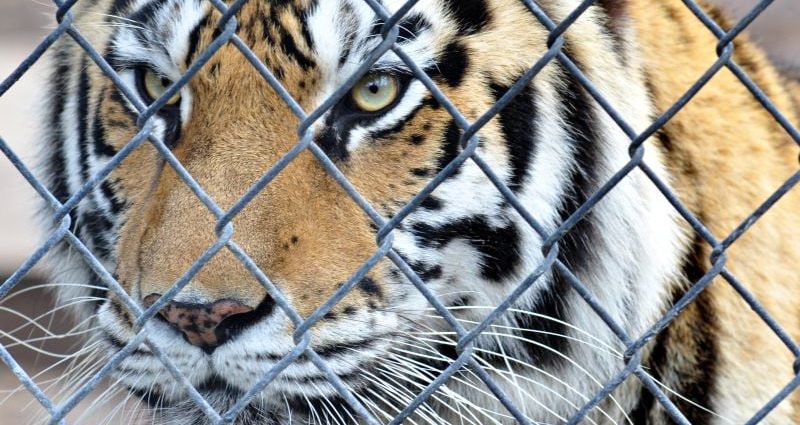FRIDAY, Feb. 16, 2024 (HealthDay News) — Big cats may be more attuned to humans than you think: New research shows that lions, tigers and cheetahs can recognize familiar human voices and tell them apart from strangers.
Investigators found consistent evidence of voice recognition among 25 big cats of various species.
The cats responded more quickly, intensely and for longer durations to familiar voices than unfamiliar ones, regardless of whether their names were used.
Until now, researchers thought domestication was the reason why household cats discriminate between family members and strangers.
These findings indicate that close human contact of any kind provides cats the opportunity to distinguish between people, researchers said.
“This study adds to the growing body of work challenging stereotypes about cats as aloof creatures,” said lead researcher Jennifer Vonk, a professor of psychology with Oakland University in Michigan. “It underscores the importance of recognizing the cognitive abilities of all species, even those traditionally considered less social.”
Lions are suspected to be the only truly social species of cat, but all cat species interact with other animals regularly, researchers noted in background notes.
Given that, researchers suspected that the ability of cats to distinguish between familiar and unfamiliar creatures likely had been underestimated.
“Exotic cats are neither domesticated nor highly social [other than lions],” the researchers wrote in the journal PeerJ Life & Envrionment. “Of the 25 cats tested, only three were lions.”
In the study, a wireless speaker set up outside zoo enclosures played a number of different voices. The voices included the cat’s primary keeper or trainer, members of staff who didn’t work often with the cat and complete strangers.
Researchers then observed the cat’s responses to the recorded voices, noting behaviors like head turns, ear twitches, movement toward or away from the speaker and aggressive vocalizations like hisses, roars and growls.
“Notably, all speakers spoke a familiar phrase but the cats responded with greater speed, more intensity and for longer durations only when this familiar phrase was spoken by familiar voices,” researchers wrote.
Interestingly, using the cat’s names did not make them more likely to respond, researchers found.
“Contrary to findings that domestic cats respond to their names, the use of the cats’ names here had only a single effect on latency, and in the opposite direction to what we predicted with cats responding significantly more quickly when their name was not used,” researchers wrote.
More information
International Cat Care has more about the social structure of cat life.
SOURCE: PeerJ, news release, Feb. 15, 2024
Copyright © 2026 HealthDay. All rights reserved.

